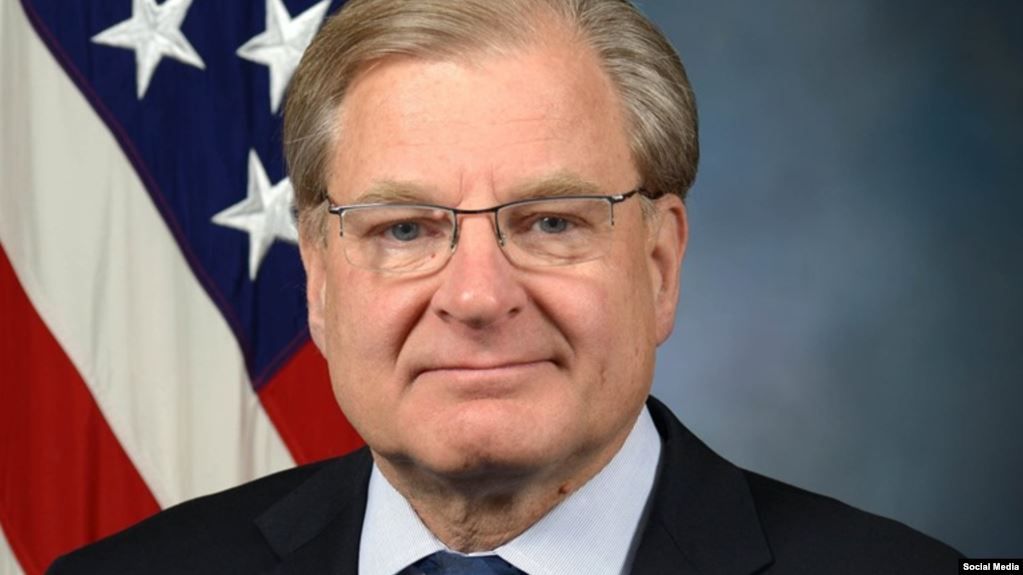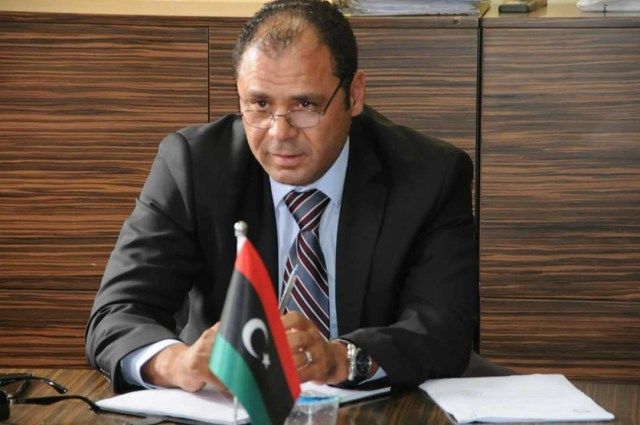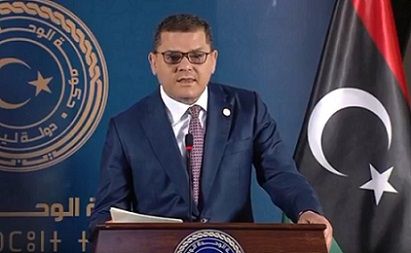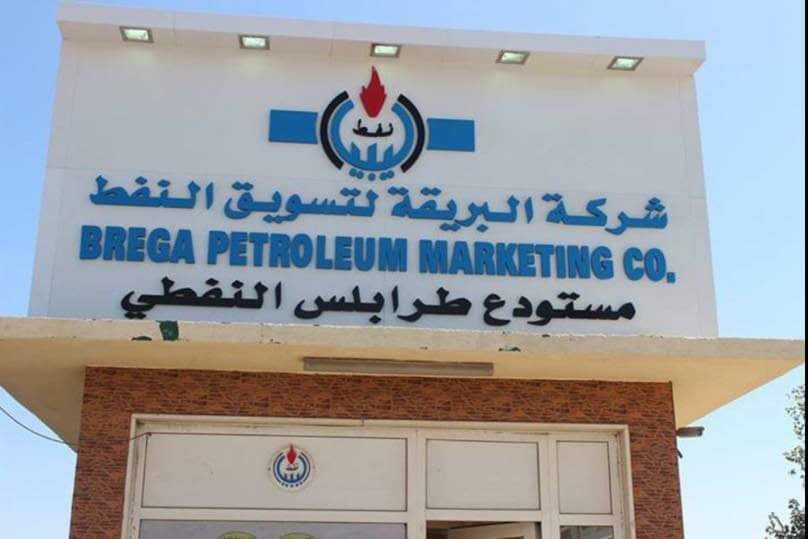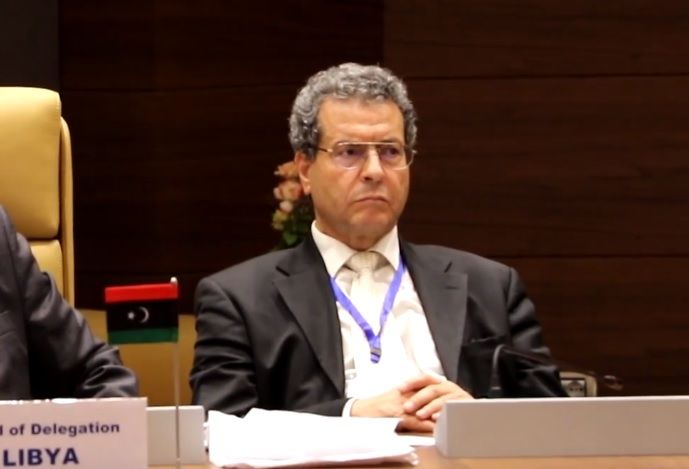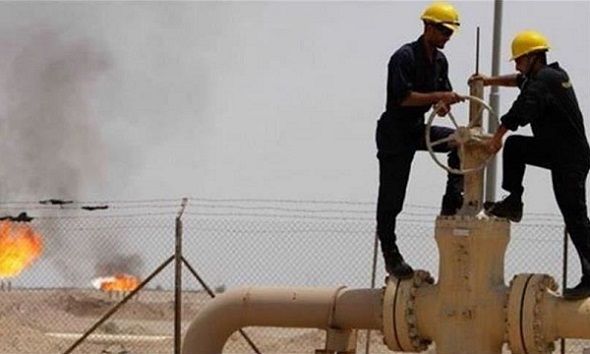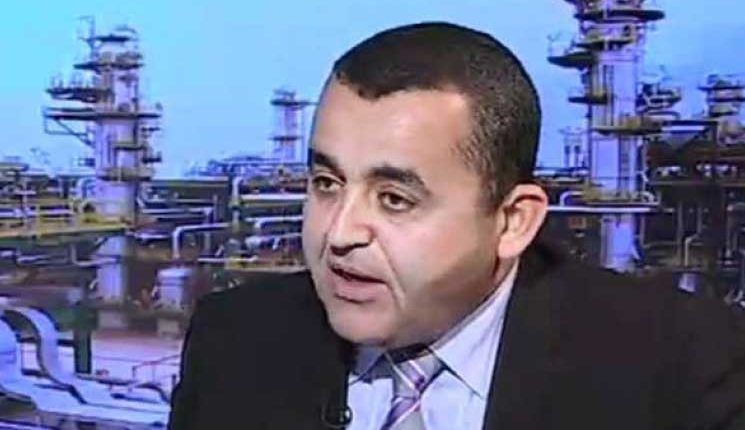The US ambassador urges Al Kabeer to protect Libyan oil revenues from embezzlement to rebuild confidence in the Central Bank
The Governor of the Central Bank of Libya, Seddik Al-Kabeer, discussed in a phone call yesterday, Tuesday, the US Ambassador to Libya, Richard Norland, and the US Deputy Assistant Secretary of the Treasury, Eric Mayer, the joint efforts to enhance transparency in the Central Bank of Libya, especially with regard to public spending.
According to the US embassy, Norland stressed that the United States shares Libyans’ concerns about the possibility of diverting funds to support partisan political purposes or undermine peace and security in Libya. The ambassador urged the Central Bank of Libya to protect Libyan oil revenues from embezzlement to rebuild confidence in the institution and contribute to stability. The critical importance of providing financial support to the operations of the National Oil Corporation was also emphasized.
The US ambassador expressed his concern about the suspension of half of Libyan oil production, noting that these forced and prolonged disruptions in oil production lead to creating difficult conditions for the Libyan people, including power cuts, water supply problems, fuel shortages, and the destruction of oil infrastructure, which threatens the future of the Libyan energy sector and its ability to continue generating revenue in his favour.
